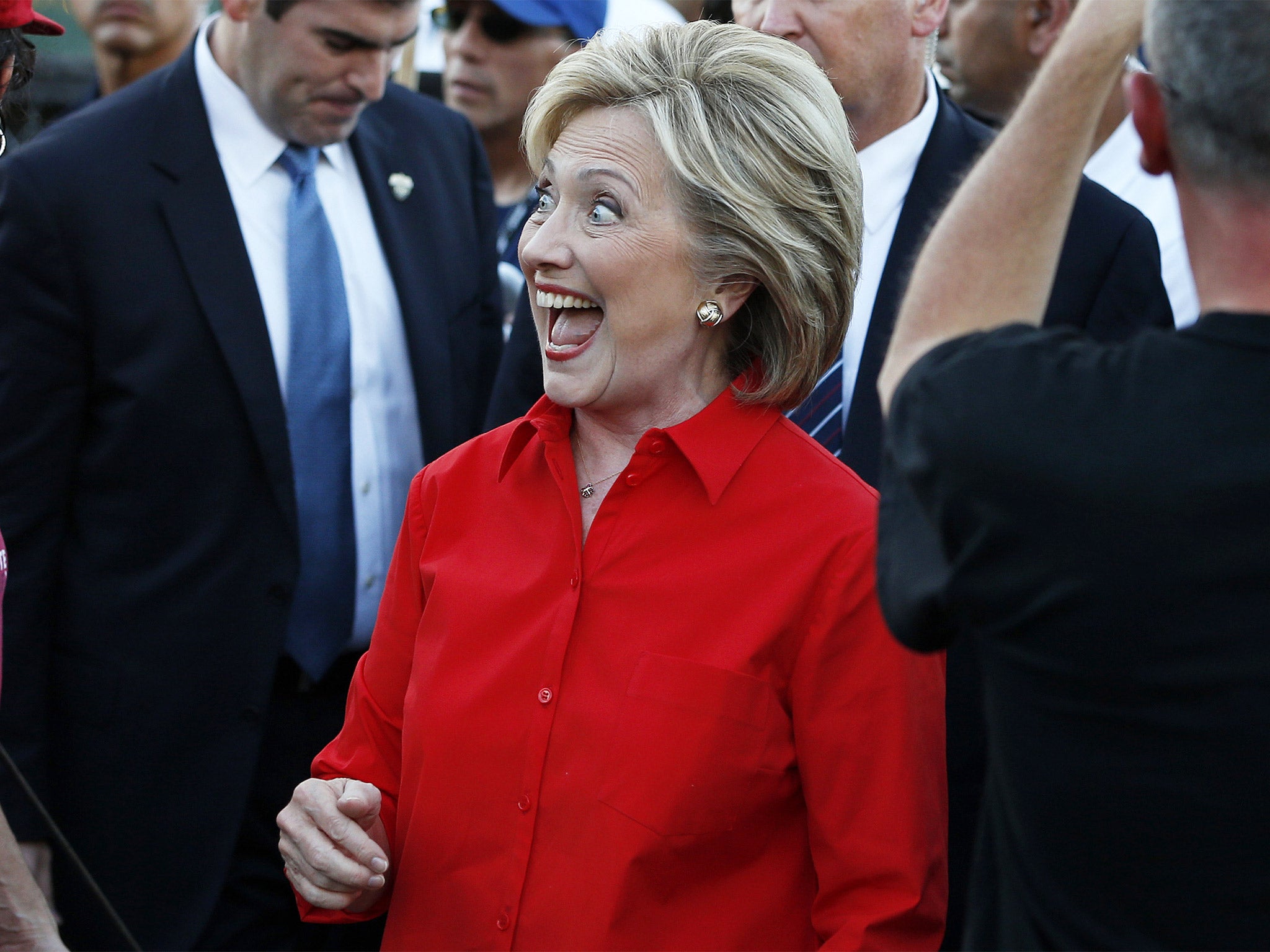From Justin Trudeau to Seb Corbyn, we should challenge family politics wherever we see it
If Bush and Clinton run against one another next year in the US, the wider electorate who were not involved in primaries will vote on party lines, according to old prejudices and loyalties

Your support helps us to tell the story
From reproductive rights to climate change to Big Tech, The Independent is on the ground when the story is developing. Whether it's investigating the financials of Elon Musk's pro-Trump PAC or producing our latest documentary, 'The A Word', which shines a light on the American women fighting for reproductive rights, we know how important it is to parse out the facts from the messaging.
At such a critical moment in US history, we need reporters on the ground. Your donation allows us to keep sending journalists to speak to both sides of the story.
The Independent is trusted by Americans across the entire political spectrum. And unlike many other quality news outlets, we choose not to lock Americans out of our reporting and analysis with paywalls. We believe quality journalism should be available to everyone, paid for by those who can afford it.
Your support makes all the difference.In yesterday’s general election the people of Canada voted overwhelmingly in favour of Justin Trudeau and his Liberal Party, a party which only a few months ago was languishing behind in third place in the polls. The new Prime Minister Justin Trudeau’s name is familiar to the Canadian electorate - his father, Pierre Trudeau, was one of Canada’s most popular Prime Ministers. When Canadian voters went to the ballot box and placed their votes, they likely had Pierre Trudeau in mind. This is a phenomenon that takes place throughout the world, and is wholly damaging for democracy.
There is increasing likelihood that the 2016 Presidential dogfight in the United States will be between Hillary Clinton and Jeb Bush. Lest we forget, Clinton’s husband and both Bush’s brother and father have served as US Presidents in recent years. And in Britain the same kind of dynastic politics takes place under our noses - 57 out of 650 MPs from our recently dissolved parliament are directly related to past Members of Parliament. Throughout the world political dynasties are evident - in Kenya the Kenyattas rule; in Pakistan the Bhuttos do; in Peru you have the Fujimoris; and the list goes on.
But voters in democracies - particularly young voters – are getting angry about a political class which is deemed out of touch. A wave of discontent about the status quo is spreading. Dynasties are part of the problem – they epitomise establishment politics, and provide faces for the theory that ruling is all about privilege, even in a supposed democracy. The notion that a politician’s child will be more likely to excel in politics than the average member of the public extends the already vast degree of separation between them and the rest of the country.
Last week it was revealed that John McDonnell, the Labour shadow Chancellor, had appointed Jeremy Corbyn’s son Seb, who had previously worked as his researcher and on the leadership campaign, to be his chief of staff. Corbyn was elected as leader on a wave of support generated by those who were angry about the way in which our political system worked. He stands for “honest politics” and a change from the norm, yet despite these grand labels we are seeing the same family politics again. When even the left-wing Corbyn’s kids are getting fast-tracked into power, is there any hope for the rest of us?
The choice between one powerful political family and another isn’t really any choice at all – and it’s certainly not encouraging for a functioning democracy. The nepotism that goes on behind closed doors is exacerbating disillusionment and preventing people from voting according to issues.
If Bush and Clinton run against one another next year, for instance, the wider electorate who were not involved in primaries will vote on party lines, according to old prejudices and loyalties. And in Britain, when an MP related to a past MP runs to represent a constituency, the strength of party lines means that outraged members of the public will most likely still vote for them. Politics then stagnates, becoming a tired rehash of what came before rather than a radical or revolutionary force for continued good.
Quite simply, if we wish to live in a functional modern democracy, we must reject political dynasties outright – and be brave enough to challenge them whenever we see them, whether on the right or the left.
Join our commenting forum
Join thought-provoking conversations, follow other Independent readers and see their replies
Comments